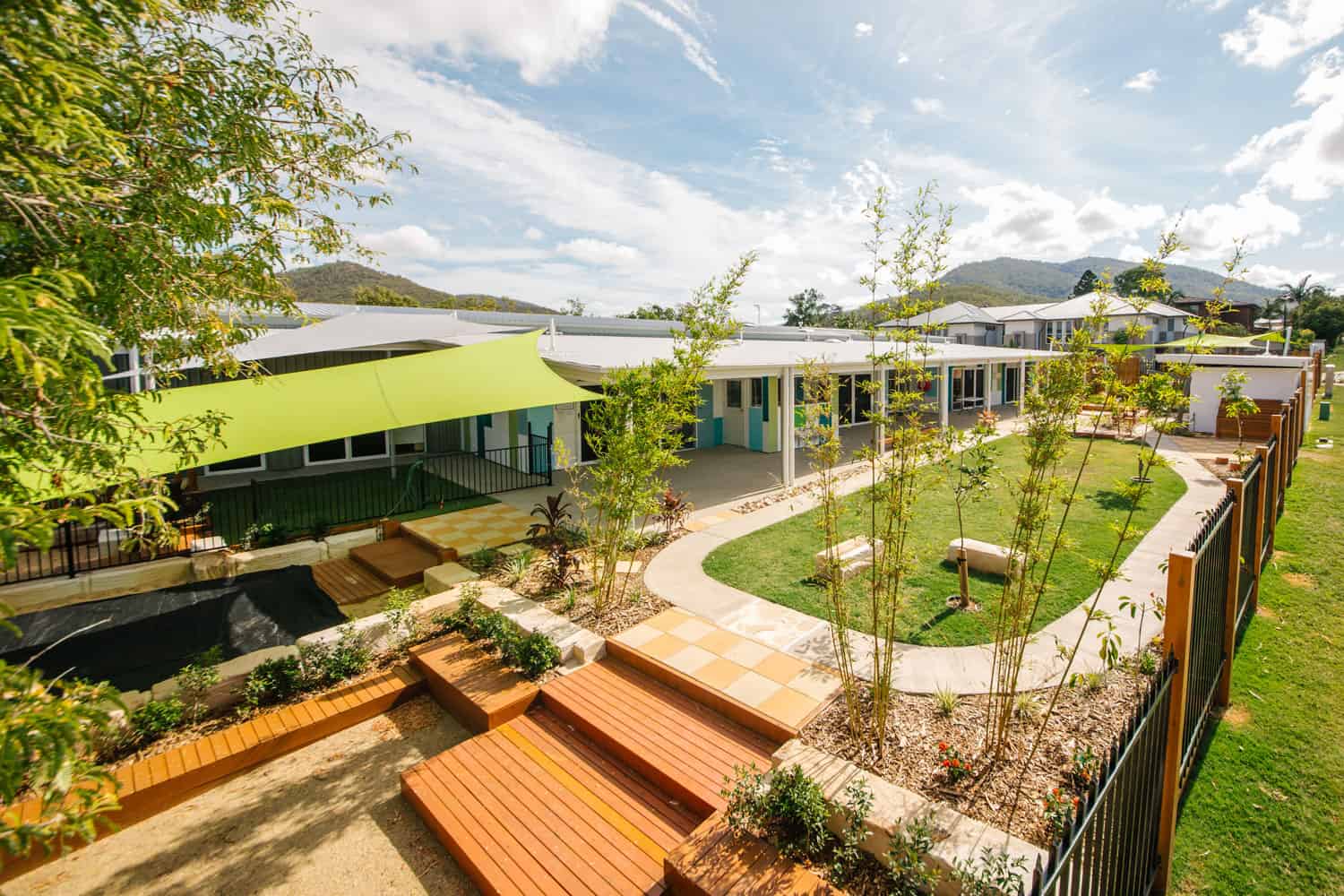Embarking on a Natural Wonders Early Learning Adventure with Your Kids!
Hello, amazing parents! Are you ready to dive into the fabulous world of natural wonders early learning with your precious little explorers? Let’s lace up our adventure boots and get ready for a quest that will lead to magical discoveries and a stronger bond with Mother Nature—plus, a whole lot of fun!
Why Natural Wonders Matter in Early Childhood Development
Before we set off on our journey, let’s chat about why natural wonders are such a crucial part of early childhood development. From stimulating sensory play to encouraging critical thinking skills, the great outdoors is a playground designed by nature itself to nurture your child’s growing mind and body.
The Sensory Symphony of Nature
Think of nature as a sensory symphony, with each element playing a unique tune that captivates and educates your child. The gentle rustling leaves, the soft buzz of bees hard at work, and the rough texture of tree bark—all combine to create a live concert for the senses.
Let’s Get Started!
Embarking on a natural wonders adventure doesn’t require a gigantic mountain or a deep forest nearby. It can begin right in your own backyard, local park, or any green space where nature thrives. So grab a magnifying glass, prepare some healthy snacks, and step into the sunlight (or the rain – it can be just as fun!).
Discoveries at Your Doorstep
Starting small is perfectly fine. Marvel at the daisies poking through your lawn or investigate the ant trail along your driveway. Every tiny discovery ignites the spark of curiosity that fuels a lifelong love for learning.
Integrating Education with Excitement
One of the best parts of early learning with natural wonders is the seamless integration of education with pure excitement. Your child won’t even realize they’re gaining valuable knowledge when they’re too busy being a wide-eyed adventurer! During your forays into nature, consider these fun and engaging activities:
- Animal Spotting Safaris – Sneak through the grass in search of ladybugs, butterflies, or squirrels. Even common urban wildlife can be thrilling through the eyes of a young explorer.
- Garden Treasure Hunts – Create a list of items to find, from a leaf of a certain shape to a rock with a unique color, and let the hunt begin!
- Weather Watching – Discuss why the sky changes colors, what makes the wind blow, and how rain nourishes the plants around us.
Now, let’s not forget the power of storytelling. Pairing your outdoor excursions with age-appropriate books about nature can reinforce the day’s lessons and add an extra layer of wonder to each experience.
Ready to learn more about how you can optimize this natural learning expedition for your child’s growth and happiness? Stay tuned for the next section, where we’ll delve into nature crafts that double as educational tools, ways to combine tech with outdoor adventures, and how to instill environmental consciousness in your children from a tender age. Remember, dear parents, every little thing you do now plants the seeds for a blooming future!

5 Things Parents Should Know in Preparing for Natural Wonders Early Learning
As we venture into the great outdoors for some early learning fun, here are five essential things every parent should know to make the most out of this experience:
1. Dress to Explore
Exploration can be messy, but it’s always memorable. Make sure to dress your kids in comfortable, weather-appropriate clothing that you don’t mind getting a bit dirty. Layering is key, as it allows for easy adaptation to the changing weather. Don’t forget sturdy shoes for those little feet to hop, skip, and jump across various terrains!
2. Safety Comes First
While natural environments are phenomenal classrooms, they also pose potential risks. It’s important to keep a watchful eye on your little ones at all times and educate them about staying safe outdoors. Discuss things like not touching unfamiliar plants or animals and the importance of staying within sight. Also, carrying a first-aid kit is always a smart idea.
3. Guided Discovery
Your role is crucial in guiding your child through their discoveries, asking open-ended questions to prompt them to think and analyze what they see. “Why do you think this leaf is a different color?” or “How do you feel when you touch the moss?” are great conversation starters that encourage deeper understanding.
4. Embrace Spontaneity
While having a plan is great, sometimes the best learning moments come from spontaneous discoveries. If your child shows interest in something unplanned, go with it. These moments can often lead to the most profound learning experiences and the most joyous memories.
5. Enjoy the Journey
Finally, remember that the goal of natural wonders early learning isn’t just educational—it’s about making connections, sparking joy, and nurturing a lifelong relationship with the natural world. Take your time, laugh, play, and enjoy each moment. Your child will follow your lead and learn to love nature as you do.
Expanding Horizons: Beyond Your Backyard
When you’re ready to spread your wings a bit further, consider these enriching options for expanding your child’s connection with nature:
- Visit a Botanical Garden – These curated spaces offer a rainbow of flora to educate and inspire. Many have kid-friendly activities like scavenger hunts or guided tours.
- National Parks and Nature Reserves – Seek out these natural sanctuaries for broader adventures. Many national parks have junior ranger programs filled with educational fun.
- Participate in Citizen Science Projects – Engage in simple research activities like bird counts or plant monitoring that contribute to real-world scientific studies.
With our comprehensive guide, embarking on a natural wonders early learning adventure is a delightful way to spark curiosity, foster development, and create enviable bonds between your young ones and the world around them. Each step outside opens a door to a universe of learning possibilities—with no limit to the joy and discovery it can bring to your family’s life.
